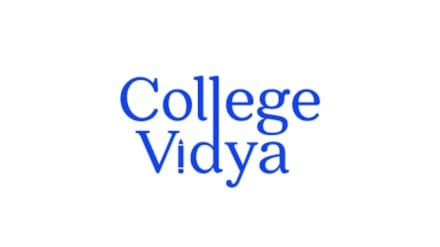College Vidya, an ed-tech platform has released a study highlighting significant transformations in the educational landscape, particularly in Tier two and Tier three cities. In 2023, online education witnessed an unprecedented surge, experiencing a 32% growth in demand from these cities. This demand is expected to further increase by almost 20% in 2024, according to an official release.
Several factors contribute to this surge. Firstly, the increased accessibility of electronic devices, particularly smartphones, has empowered students in smaller cities to seamlessly connect with education providers. Secondly, there is a growing awareness of the availability of online full-time courses. The embrace of online education by reputable institutions has fostered trust in their validity, leading to a 45% increase in enrollments over the past year, the report mentioned.
Improved digital literacy and enhanced internet services have played a significant role in making online education more accessible. The impact on students in Tier 2 and Tier 3 cities has been transformative, providing them with unprecedented opportunities. Students can now pursue elite higher education without the challenges of relocation, broadening their academic horizons. Affordability has become a cornerstone, enabling students to pursue dream courses from reputed institutions and work simultaneously, breaking financial barriers.
“With this study we wanted to highlight the growing demand of online courses in smaller towns. And to address this increasing demand, we are committed to providing academic counseling to overcome awareness gaps, enhancing offline availability of learning materials to combat connectivity issues, and offering personalized assistance and better student support for a seamless learning experience,” Rohit Gupta, COO, co-founder, College Vidya, said.
Over the past year, more than 32% of working professionals from smaller towns have enrolled in upskilling programmes to remain job-ready and navigate industry changes. Additionally, women in Tier two and Tier three cities have shown keen interest in continuing their education without quitting and specially-abled individuals have found a supportive and inclusive avenue for higher education through online modes. In the last year, 23% of women and 11% of specially-abled individuals have enrolled in online courses, as per the report.
Certain courses and programs have particularly thrived in these cities, such as Online MBA, B.Com, M.Com, and Work-Integrated Learning Programs (WILP) like B.Tech and M.Tech. The success of these courses can be attributed to their professional value, equal recognition by UGC-DEB, and the limited availability of quality higher education options in these cities in the regular mode, the report revealed.
